Drama produces a ‘pandemic play’ with “Bad Auditions on Camera”
The “Casting Director,” Cassandra Ludwig (12), performs for this years fall play “Bad Auditions on Camera” in a room separate from other actors. This is the first year OHS’ drama club has produced a virtual play.
For the first time ever, the OHS drama department has produced a “livestream” play.
With the complication of the COVID-19 pandemic, the cast and crew could not present the usual in-person play like prior years. Instead of completely canceling the play, they opted for the safer option: a play you can watch from the comfort of your own home.
The cast and crew ended up using the entire drama center as performance areas, not just the stage. Not only did they perform in places like the hallway, annex connected to the center, and even home, they performed three straight nights without a “live” audience. Spectators purchased a free ticket and were able to watch the play via livestream service.
In “Bad Auditions on Camera,” the Casting Director, played by Cassandra Ludwig (12), needs to replace the star of a show in a single day. All of the auditions are, as Ludwig says, “god-awful.” The comedy follows the Casting Director as she struggles to find the perfect fit.
This “pandemic play” is easily transferred to an online format. Each scene is filmed separately and broadcast for online audiences. But COVID did pose a few challenges that the Drama Department was able to overcome.
“We were only allowed three to four actors in the room at a time,” said Ludwig. Between November and January, actors would rotate between characters so everybody had an opportunity to rehearse in person.
“It was challenging to work the play scene by scene,” said student director Isabella Wirthlin (12). “I had to come up with creative ways to give the actors a bit more of creative freedom.” Wirthlin also pointed out that she told her actors to use their arms to act, since they were not moving around the stage.
Not only did the actors have a bit of a challenge, the backstage crew ran into many bumps as well.
“We had added stress from the livestream and cameras,” Wirthlin said. “Sometimes the audio would cut out, so it was a bit frustrating to try and figure it out.”
Despite the challenges the department dealt with, they were still able to perform Jan. 27-29 virtually in the OHS drama center.
Actors had their own area where they could unmask and act. On the actual stage, Wirthlin directed and instructed specific times when the actors could come in, unmask, and perform. Once they were done with their performances, they were to immediately mask and leave for the next actor to come up.
When not on the stage, the waiting actors had two computers set up. The first one broadcast the actors, while the other was a Google Meet of the cast as they performed. “If they didn’t unmute in our meeting, I couldn’t hear them,” Ludwig said.
Even though the play wasn’t like the seniors had imagined, “We still got to perform,” Ludwig said. “It was an experience like no other.”
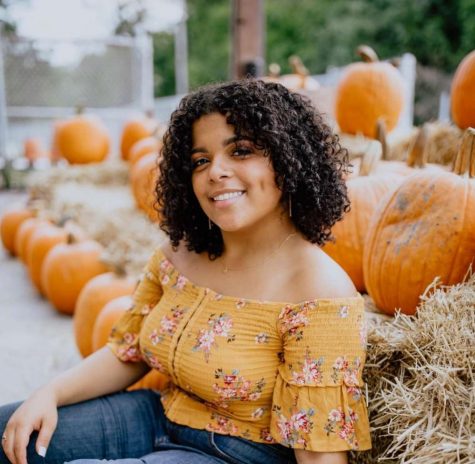
Hey all! I’m Avery Neal and I am a senior here at OHS. I’m the social media coordinator for Newspaper, Broadcast, and Yearbook and I’m an editor...


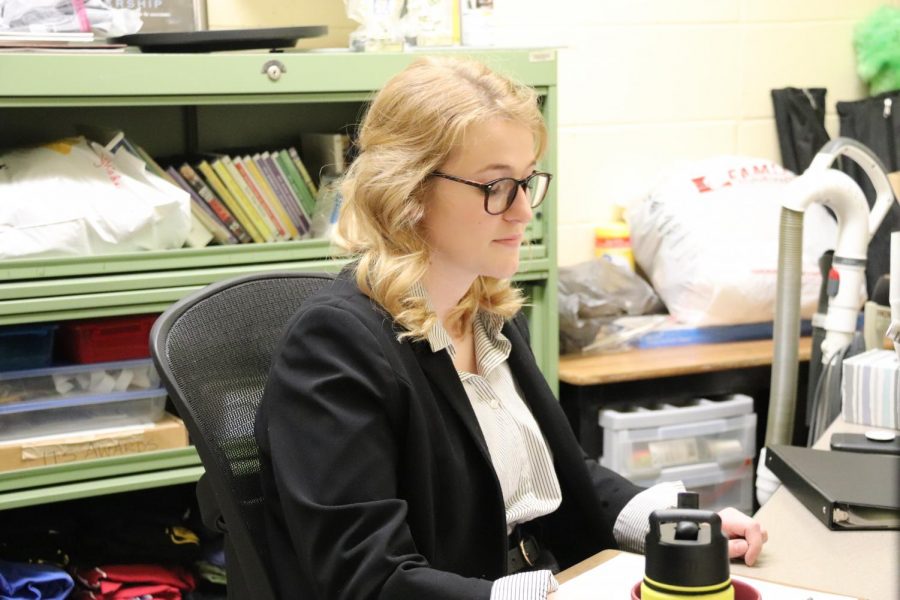
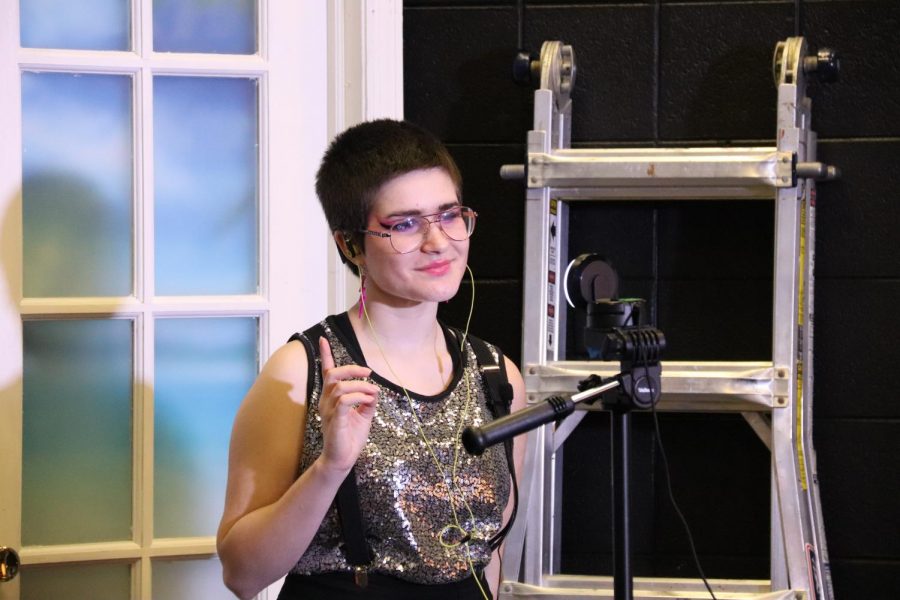
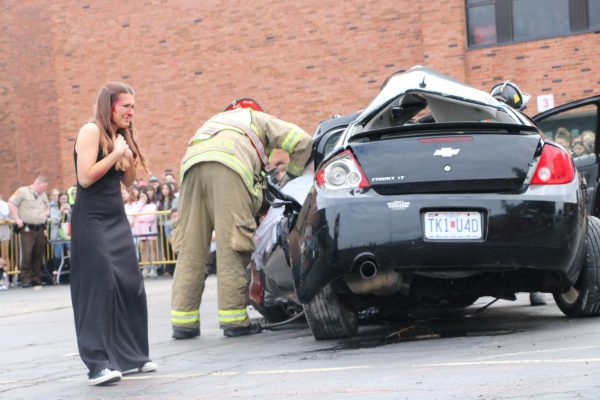
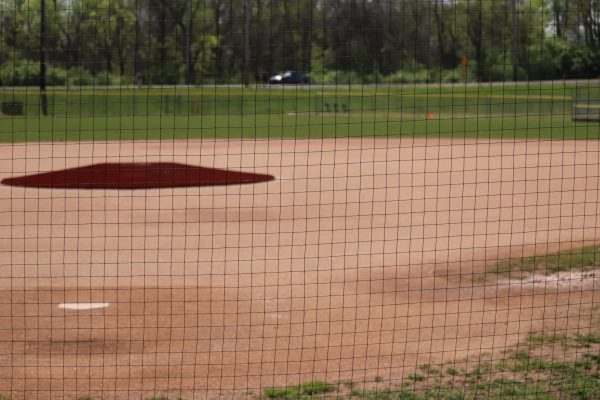
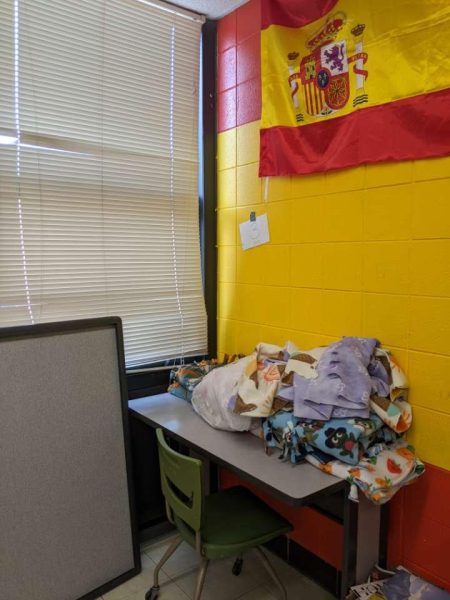
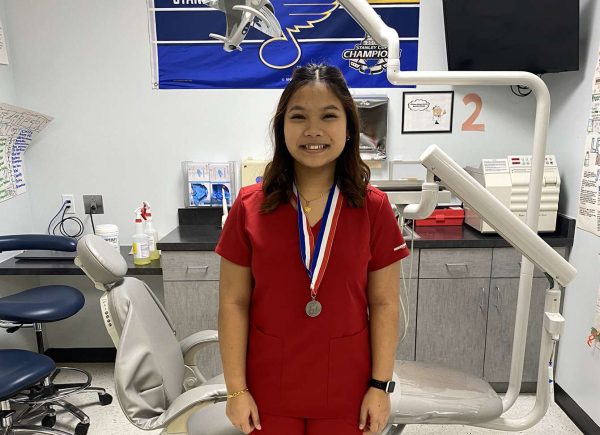

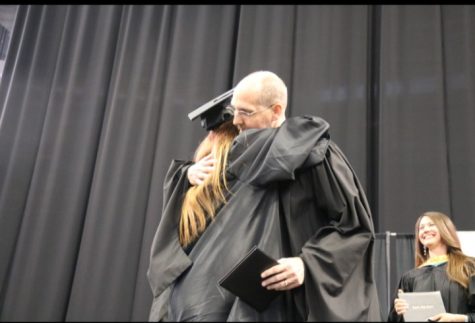
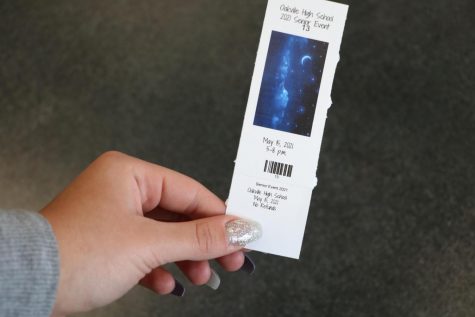
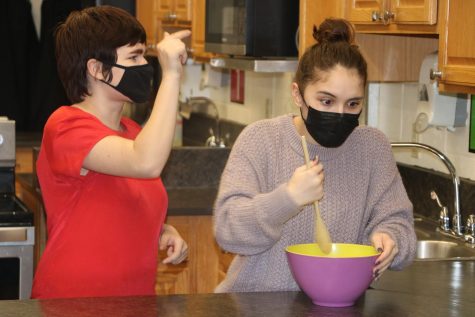
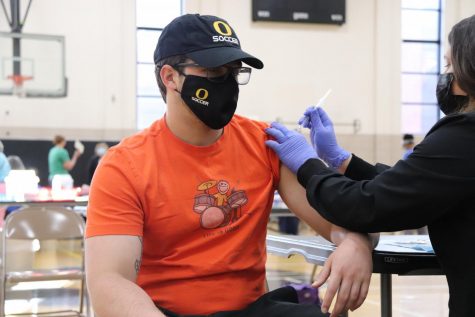
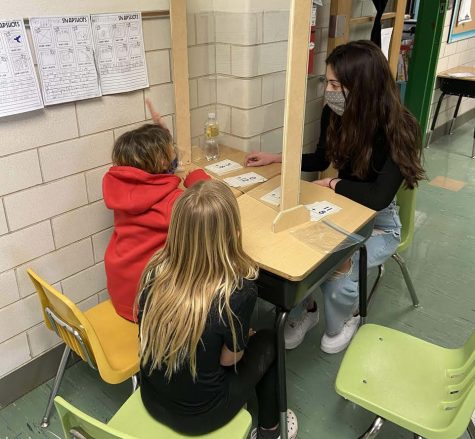
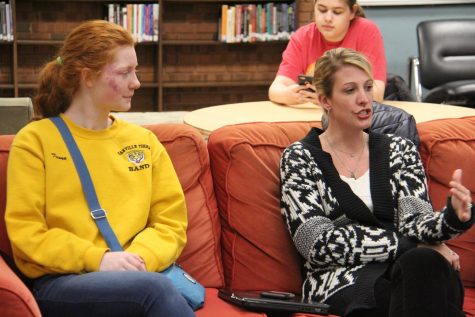
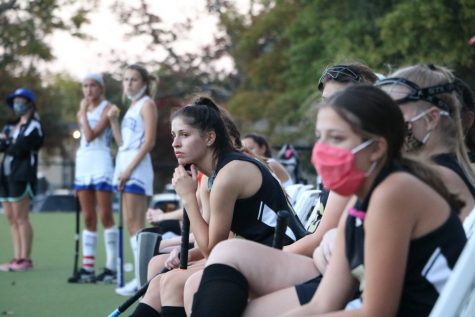
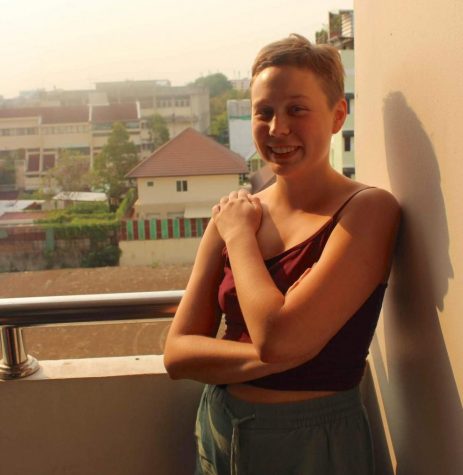
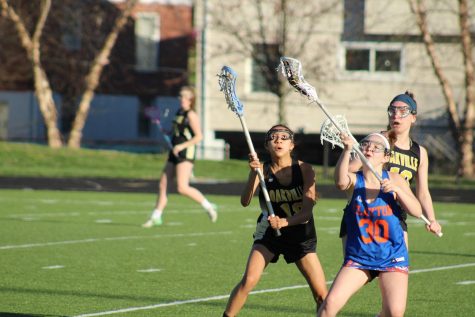
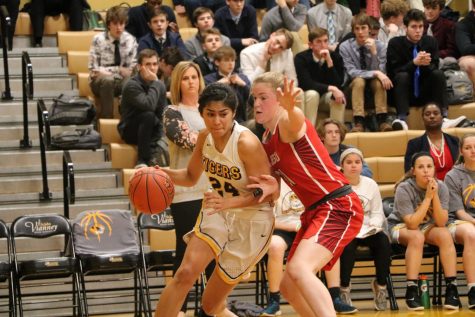
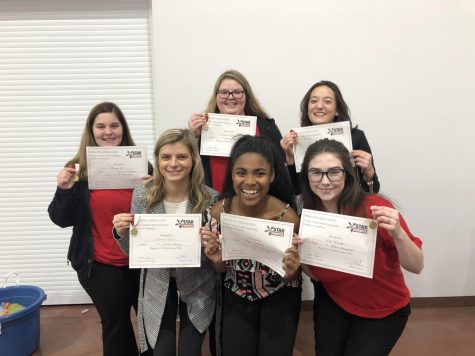
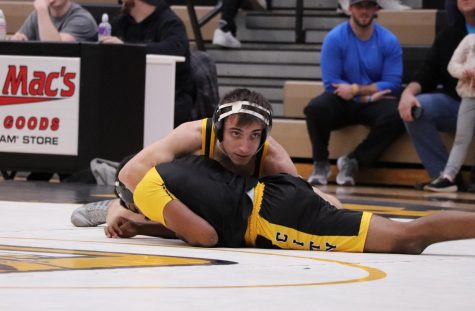
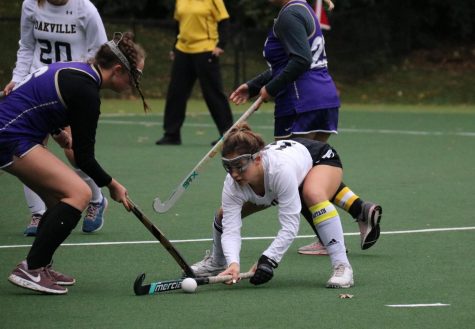
Jesse Blagg • Feb 5, 2021 at 3:19 pm
Nice, I’m in the club, but wasn’t able to be in it. This is great and positive!